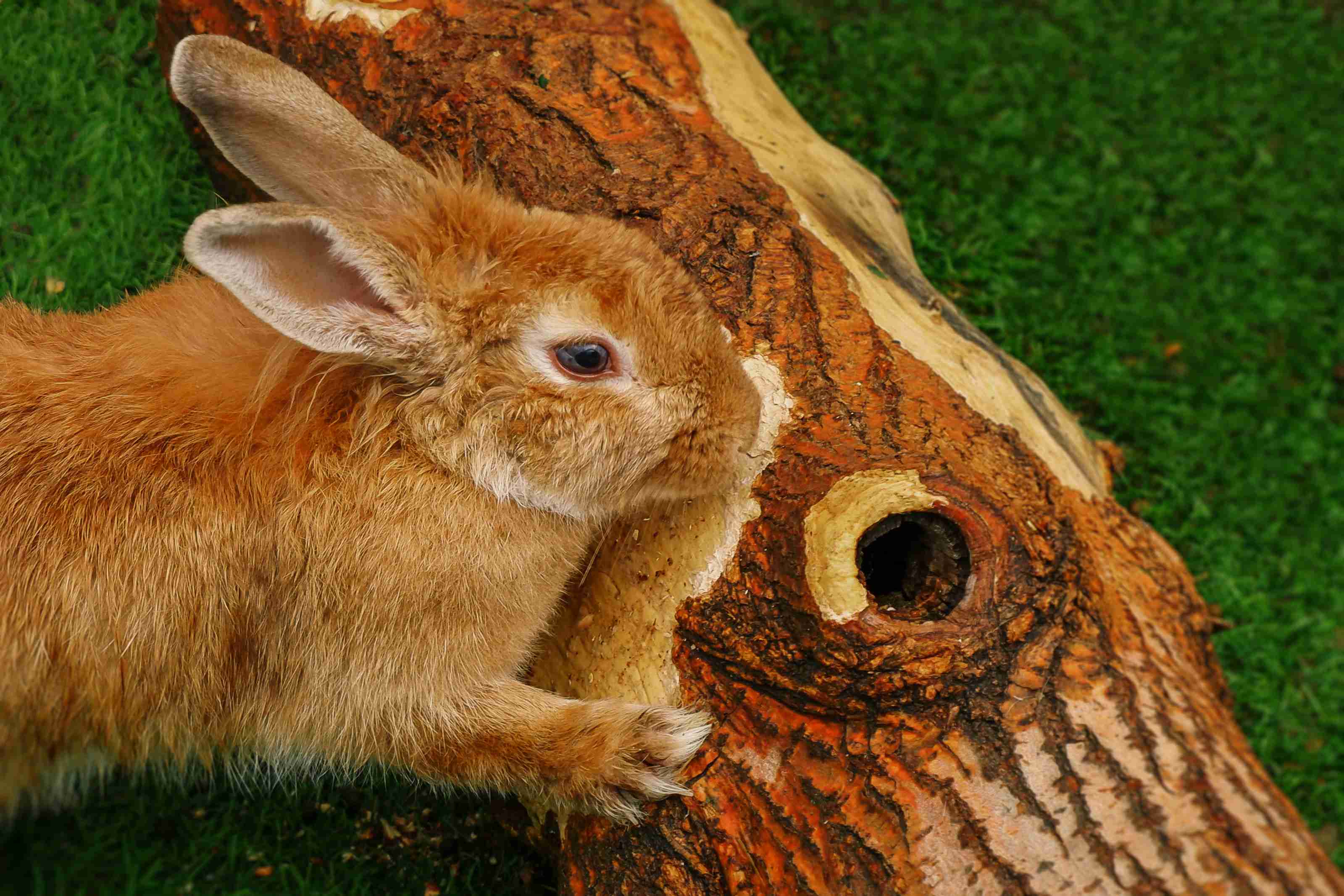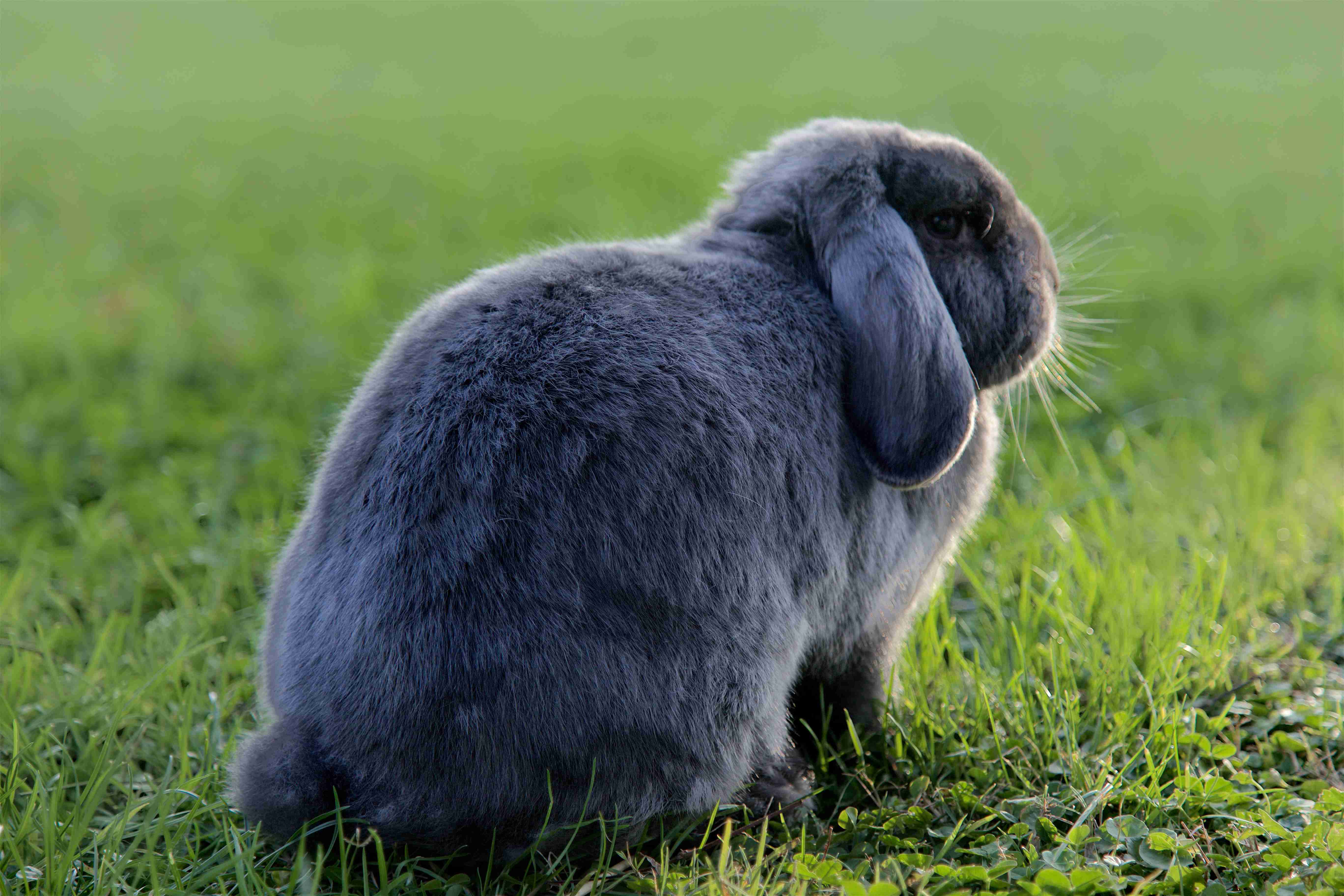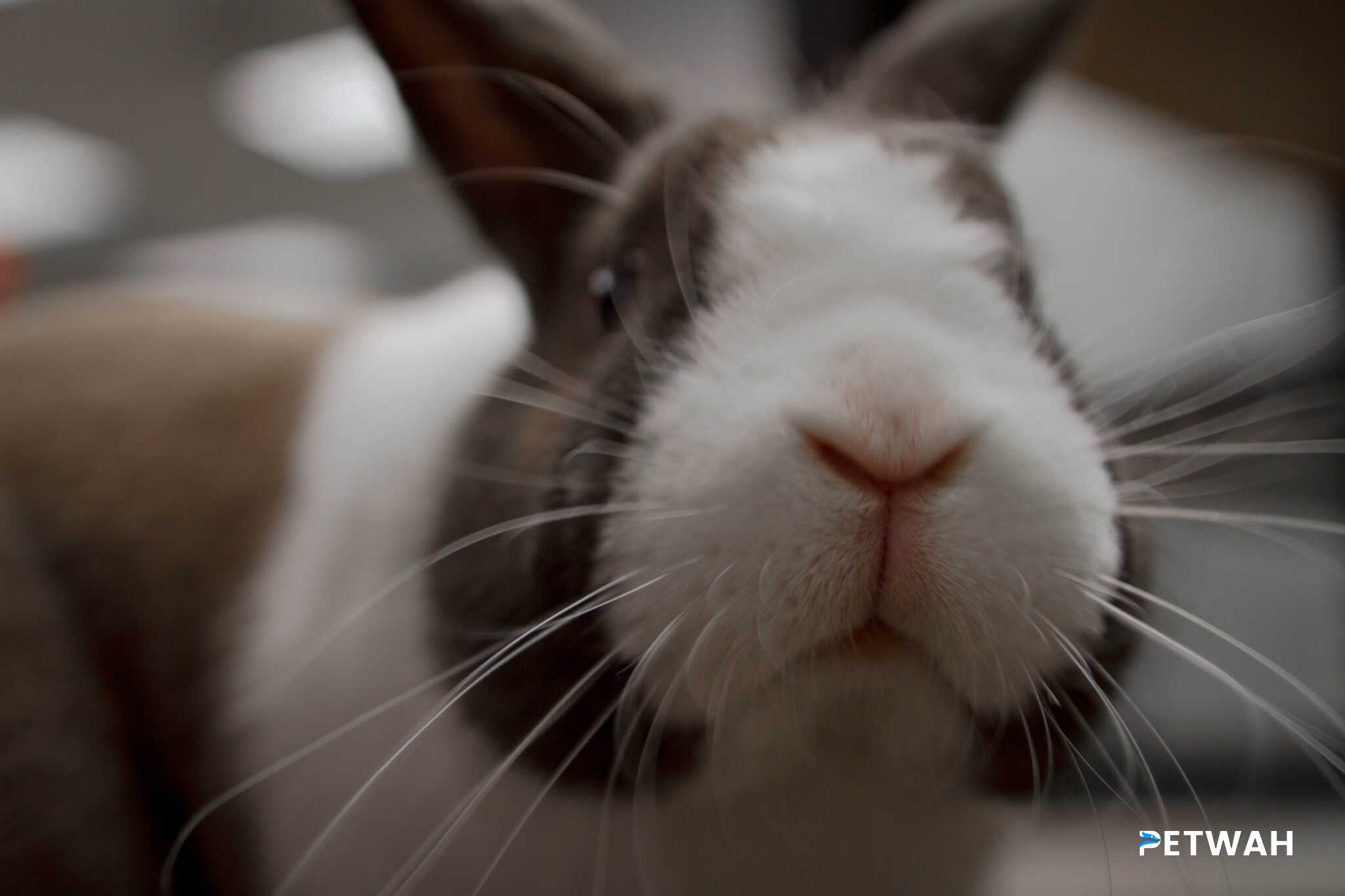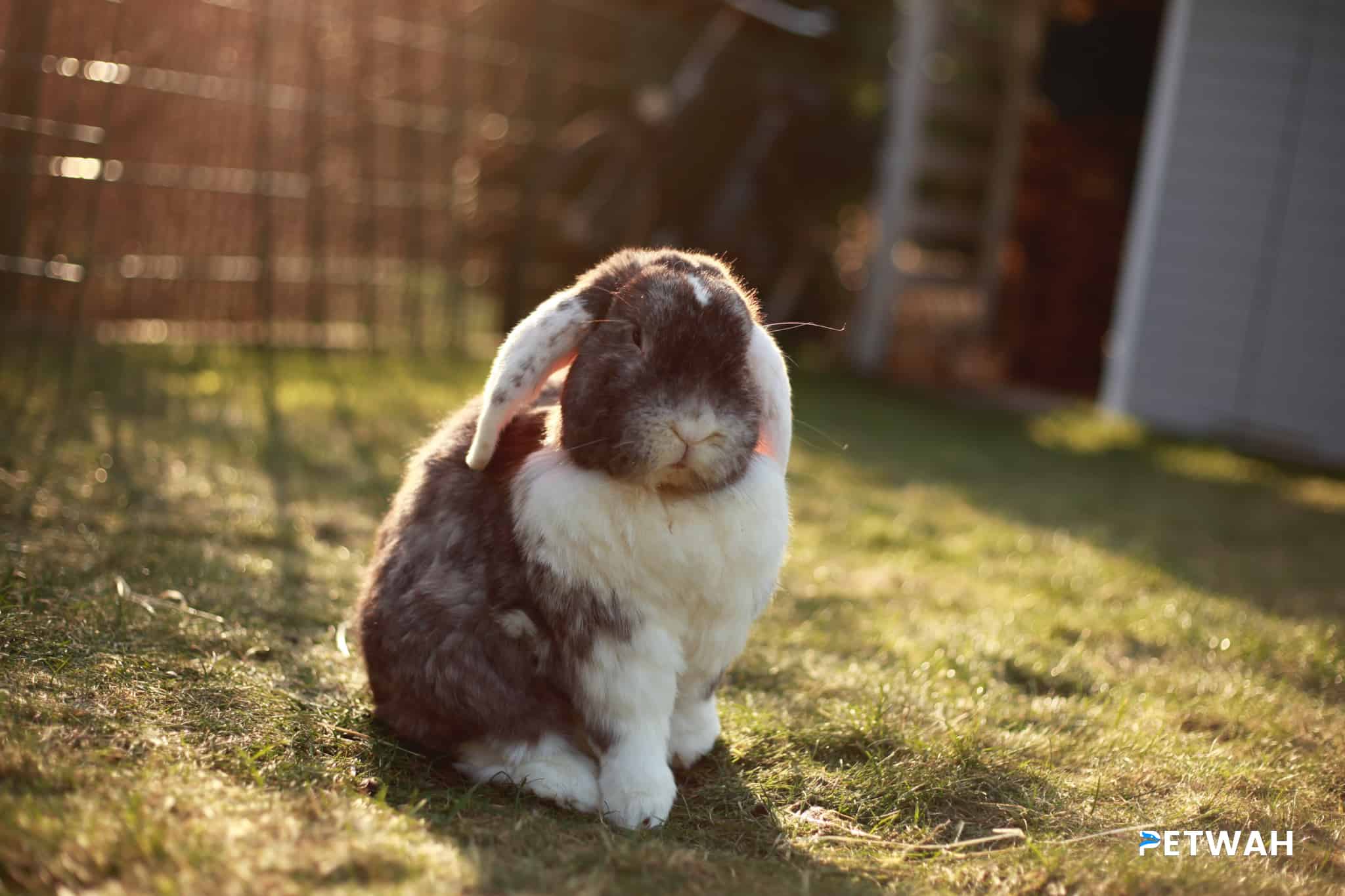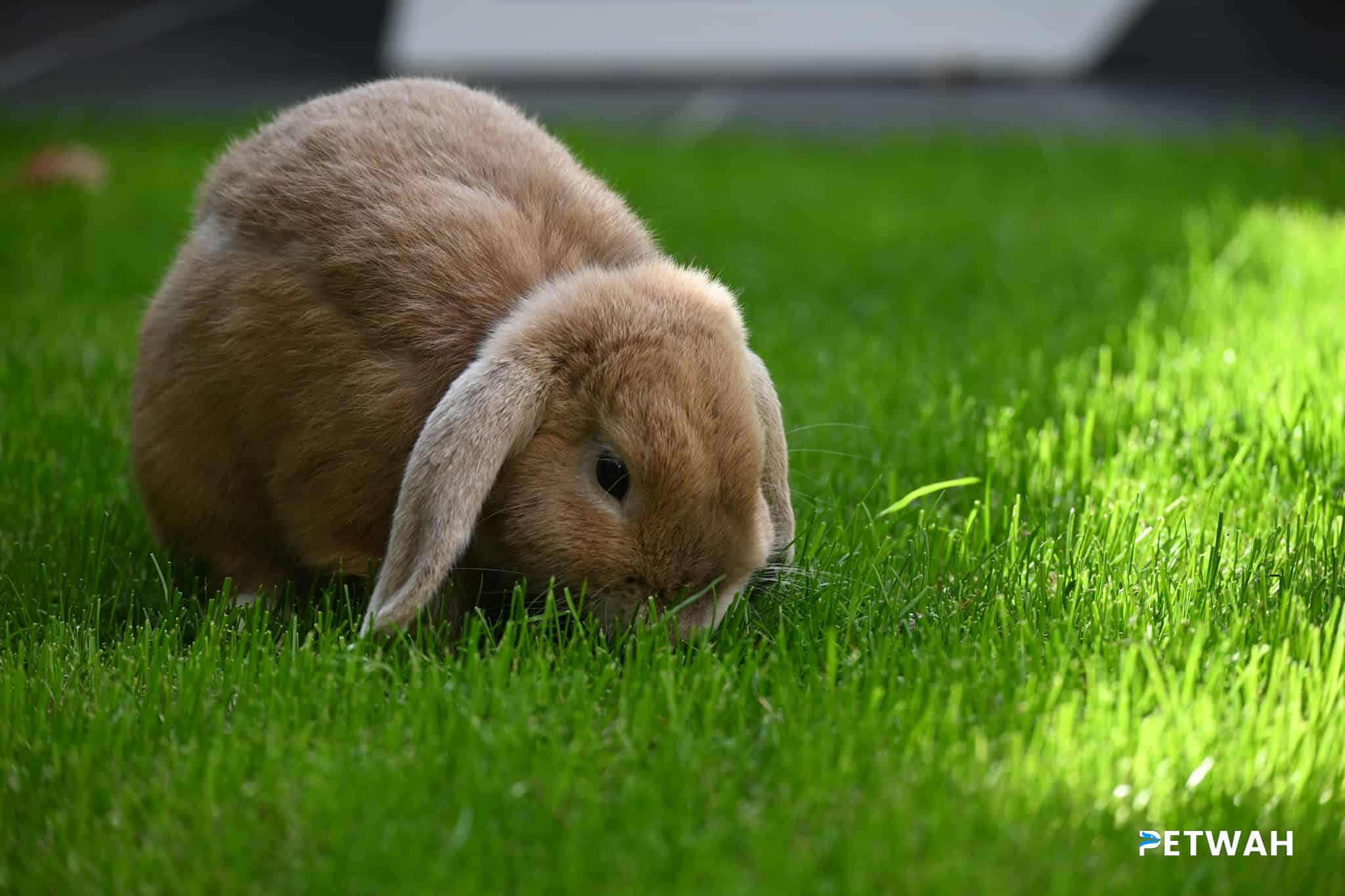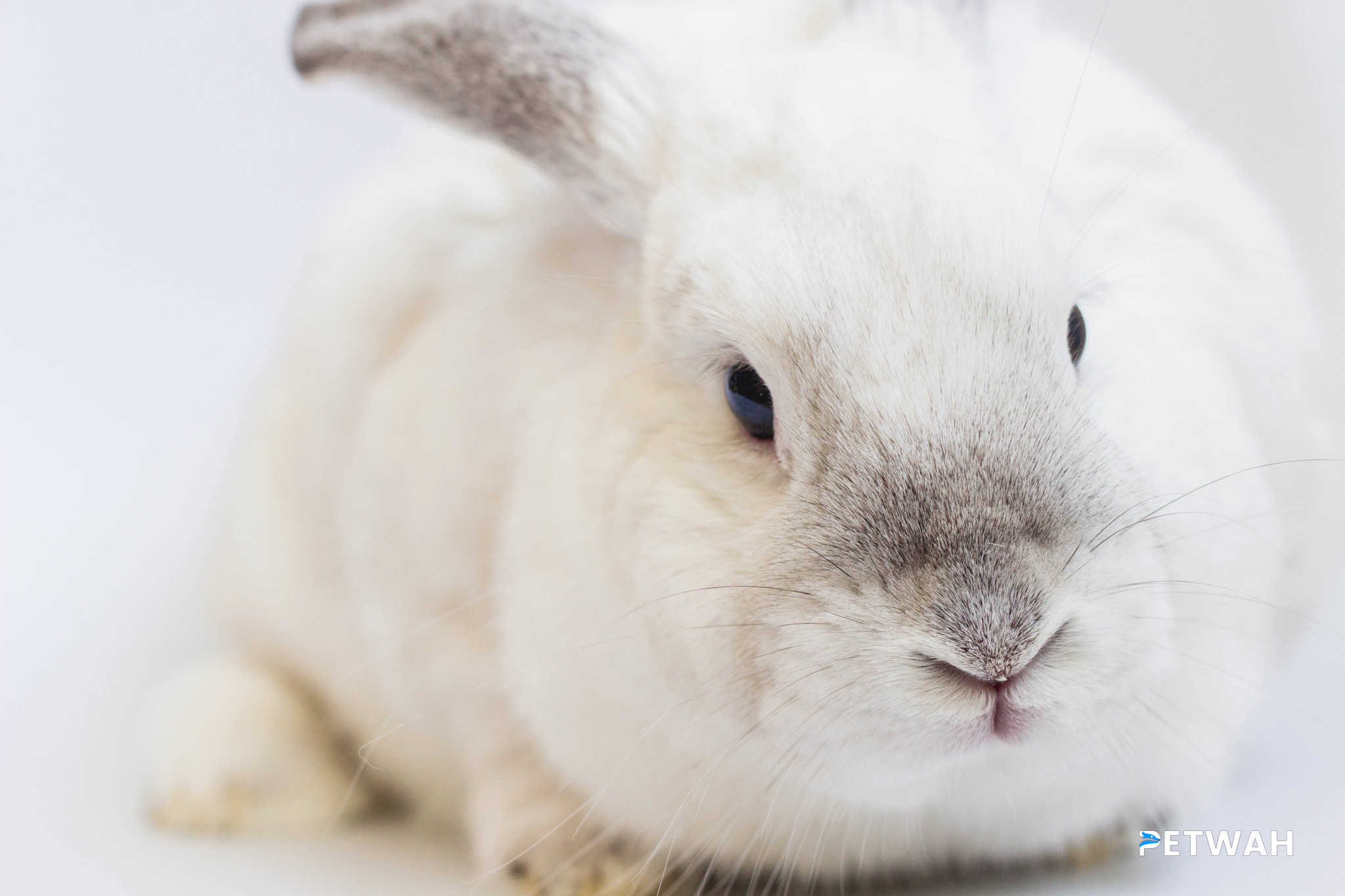Rabbits are adorable and fluffy creatures, and many people love keeping them as pets. However, as with any animal, rabbits can experience health issues, including reproductive problems. These problems can be challenging to detect and manage, especially for new rabbit owners. In this blog post, we will explore some of the most common reproductive issues in rabbits, their causes, symptoms, and possible solutions. Whether you’re a seasoned rabbit owner or a newbie, understanding these issues can help you keep your furry friend healthy and happy. So, let’s dive in and learn more about reproductive issues in rabbits.
Reproductive issues are common in rabbits, and they can cause serious health problems if not addressed promptly. In this blog post, we’ll discuss some of the most common reproductive issues in rabbits and provide some solutions to help you keep your furry friend healthy.
1. Uterine Tumors
Uterine tumors are quite common in female rabbits that have not been spayed. They can cause a range of symptoms, including lethargy, loss of appetite, and vaginal discharge. If you notice any of these symptoms in your rabbit, take her to the vet immediately.
Spaying your rabbit is the best way to prevent uterine tumors. If your rabbit is already suffering from a uterine tumor, surgery may be necessary to remove it. Your vet will be able to advise you on the best course of action.
2. Testicular Tumors
Testicular tumors are rare in rabbits, but they can occur. They usually cause swelling in the testicles and can sometimes spread to other parts of the body. If your male rabbit develops testicular tumors, surgery is usually the best course of action.
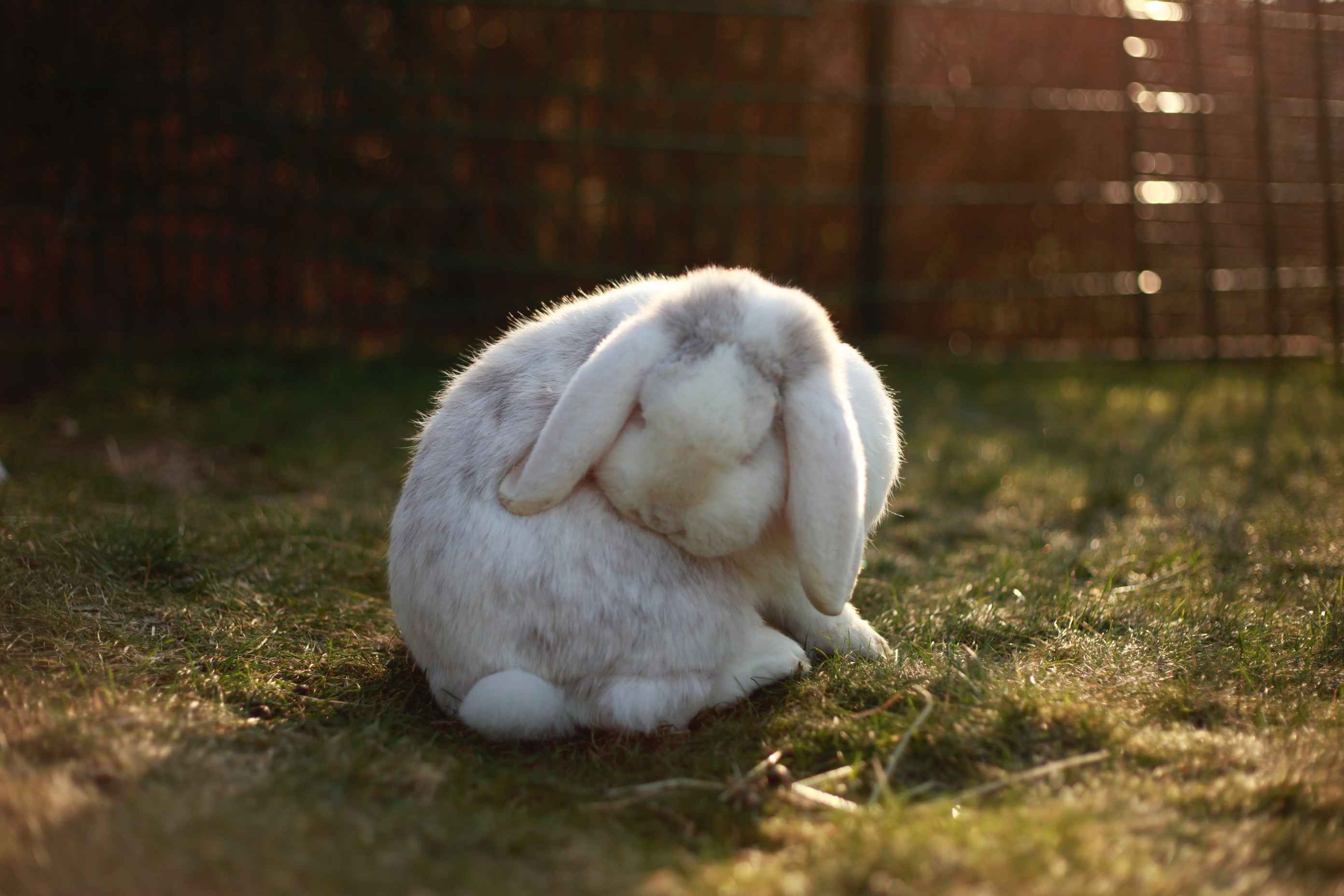
3. Infertility
Infertility can be a problem in both male and female rabbits. It can be caused by a range of factors, including poor diet, stress, and genetic factors. If you are trying to breed your rabbits and are having difficulty, take them to the vet for an evaluation.
4. Pyometra
Pyometra is a serious condition that can occur in female rabbits that have not been spayed. It is caused by an infection in the uterus and can cause a range of symptoms, including lethargy, loss of appetite, and fever. Pyometra can be life-threatening, so it is important to seek veterinary care immediately if you suspect your rabbit has this condition.
Spaying your rabbit is the best way to prevent pyometra. If your rabbit has already developed this condition, surgery may be necessary to remove the infected uterus.
5. Reproductive Tract Infections
Reproductive tract infections can occur in both male and female rabbits. They are usually caused by bacteria or viruses and can cause a range of symptoms, including discharge, pain, and swelling. If you suspect your rabbit has a reproductive tract infection, take him or her to the vet for an evaluation.
Overall, reproductive issues are common in rabbits, but most can be prevented or treated with proper care and veterinary attention. If you notice any symptoms of reproductive problems in your rabbit, take him or her to the vet immediately. With the right care, you can keep your furry friend healthy and happy for years to come.
In conclusion, reproductive problems in rabbits are a common issue that can affect their health and well-being. Identifying and addressing these issues early on is crucial for ensuring the long-term health and fertility of your rabbits. By keeping a close eye on their behavior and physical health, and seeking veterinary care as soon as you notice any abnormal signs, you can help to prevent and manage common reproductive problems in rabbits. With proper care and attention, your rabbits can live happy and healthy lives, free from the stresses of reproductive issues.


